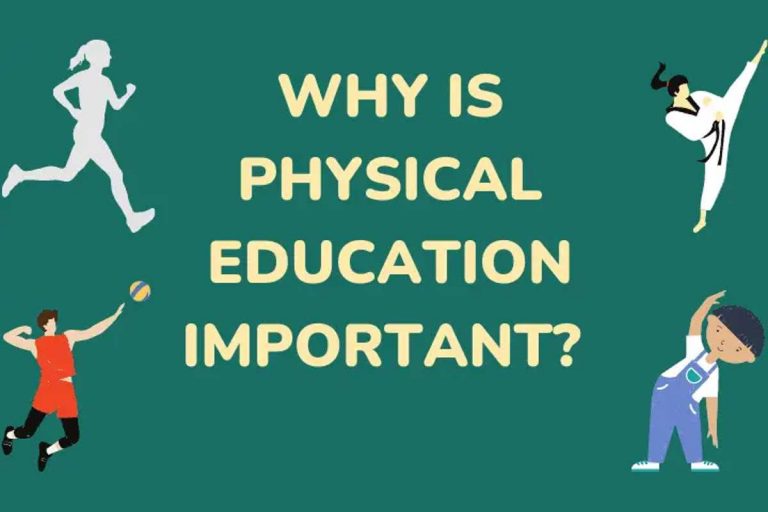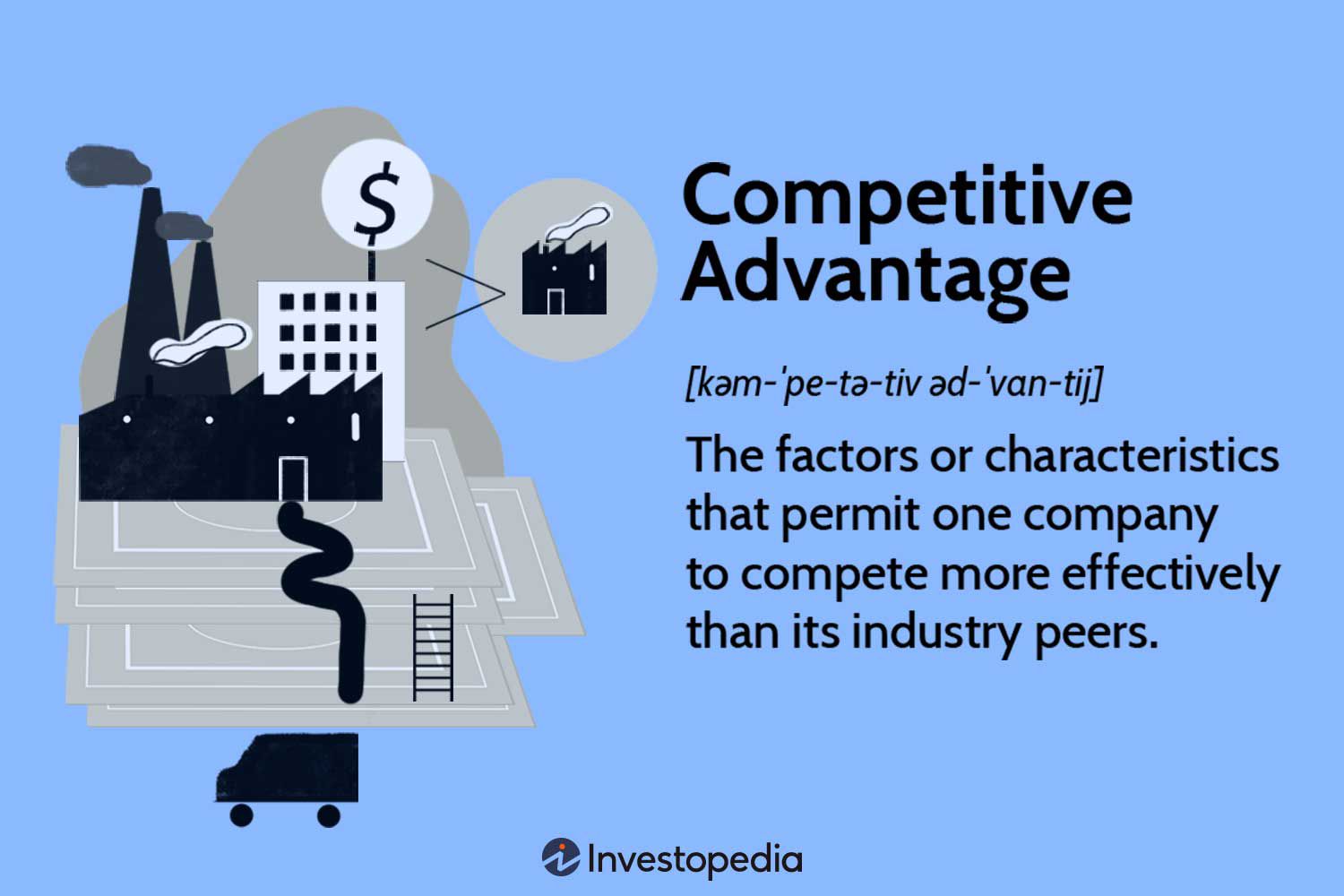What Can You Do With a Master’s in Education?
Mia Wilson
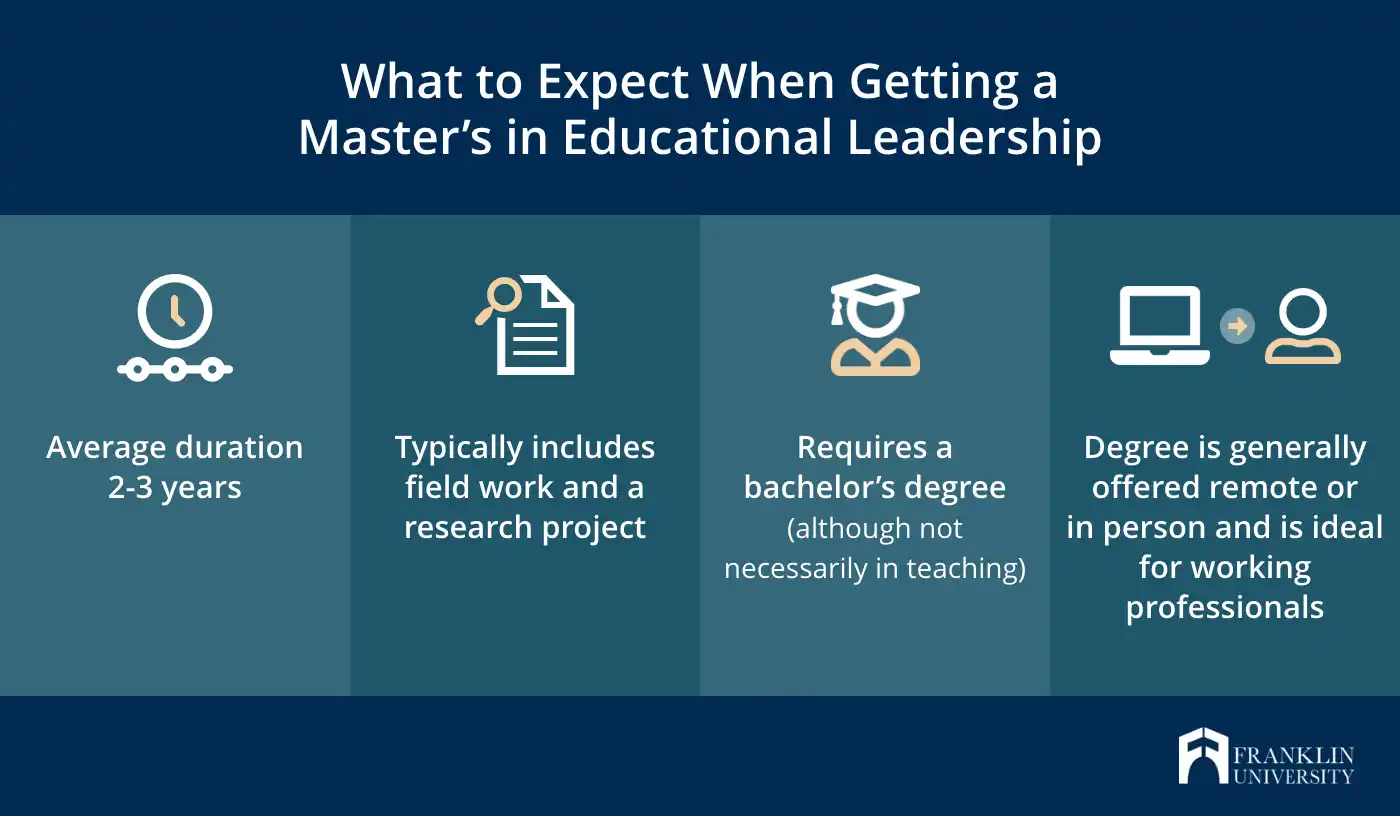
Photo: What Can You Do With a Master’s in Education?
What Can You Do With a Master’s in Education?
Pursuing a Master’s in Education is a significant step for individuals passionate about shaping the future of learning and development. This advanced degree opens numerous doors, offering diverse career paths beyond traditional teaching roles. Whether you're aiming to enhance your teaching skills, move into administrative positions, or explore educational consultancy, a Master’s in Education provides the necessary knowledge and credentials. In this article, we delve into the various opportunities available to graduates holding a Master’s in Education.
Understanding the Master’s in Education Degree
A Master’s in Education (M.Ed.) is designed to deepen your understanding of educational theories, practices, and policies. Unlike a Bachelor’s degree, which focuses on foundational teaching skills, a Master’s program typically offers specialization in areas such as curriculum development, educational leadership, special education, or instructional technology. This advanced study not only enhances your expertise but also prepares you for higher-level roles within the education sector.
Career Paths with a Master’s in Education
1. Advanced Classroom Teaching
One of the most straightforward paths for Master’s in Education graduates is advanced classroom teaching. With a Master’s degree, educators can take on specialized roles such as:
- Subject Matter Expert: Teaching specialized subjects at higher education levels or in specialized schools.
- Gifted and Talented Education (GATE) Teacher: Working with students who require advanced learning opportunities.
- ESL (English as a Second Language) Teacher: Educating students from diverse linguistic backgrounds.
These roles often come with increased responsibilities and higher salaries compared to positions held with only a Bachelor’s degree.
2. Educational Administration and Leadership
For those interested in the administrative side of education, a Master’s in Education can lead to leadership positions such as:
- School Principal or Vice-Principal: Overseeing school operations, managing staff, and ensuring educational standards.
- District Administrator: Working at the district level to implement policies, manage budgets, and support multiple schools.
- Director of Curriculum and Instruction: Developing and overseeing curriculum standards and instructional methods across schools or districts.
These roles require strong leadership skills, strategic thinking, and the ability to manage complex educational environments.
3. Curriculum Development and Instructional Design
Graduates can also pursue careers in curriculum development and instructional design, where they create educational materials and programs. Responsibilities in this field include:
- Designing Curriculum: Developing lesson plans, educational resources, and assessment tools.
- Instructional Coordinator: Training teachers on new curricula and teaching methods.
- Educational Consultant: Advising schools or educational organizations on best practices and curriculum improvements.
This path is ideal for those who enjoy creating and refining educational content to enhance student learning experiences.
4. Educational Technology Specialist
With the increasing integration of technology in education, there is a growing demand for professionals who can bridge the gap between education and technology. Roles in this area include:
- Educational Technology Coordinator: Implementing and managing technology resources in schools.
- E-Learning Developer: Creating online courses and digital learning materials.
- Technology Integration Specialist: Training teachers to effectively use technology in their classrooms.
These positions require a strong understanding of both educational principles and technological advancements.
5. Higher Education
A Master’s in Education can also pave the way to careers in higher education institutions. Potential roles include:
- College Instructor or Lecturer: Teaching undergraduate courses in education or related fields.
- Academic Advisor: Supporting students in their academic journey and career planning.
- Researcher: Conducting studies on educational methods, policies, and outcomes.
Working in higher education allows you to contribute to the academic community and influence the next generation of educators.
6. Special Education
Specializing in special education is another rewarding career path. Professionals in this field work with students who have diverse learning needs, providing tailored educational strategies and support. Roles include:
- Special Education Teacher: Designing and implementing individualized education programs (IEPs) for students with disabilities.
- Behavioral Specialist: Addressing behavioral challenges and promoting positive learning environments.
- Assistive Technology Specialist: Integrating technology to support students with special needs.
Special education professionals play a crucial role in ensuring inclusive and equitable education for all students.
7. Educational Policy and Administration
For those interested in shaping educational policies, a Master’s in Education can lead to influential roles such as:
- Policy Analyst: Researching and developing educational policies at local, state, or national levels.
- Advocate: Working with organizations to promote educational reforms and improvements.
- Government Education Official: Implementing and overseeing educational programs and initiatives.
These positions allow you to impact education systems on a broader scale, driving change and improving educational outcomes.
Benefits of Earning a Master’s in Education
Enhanced Career Opportunities
A Master’s degree significantly broadens your career options within the education sector. It qualifies you for higher-level positions that require advanced knowledge and leadership skills, often leading to increased job security and higher salaries.
Professional Development
Graduate programs in education emphasize critical thinking, research, and practical skills. This professional development equips you to address complex educational challenges, implement effective teaching strategies, and lead educational initiatives.
Networking Opportunities
Pursuing a Master’s in Education allows you to connect with fellow educators, industry experts, and alumni. These networks can provide valuable support, collaboration opportunities, and potential career advancements.
Personal Fulfillment
For many, advancing their education is a pathway to personal growth and fulfillment. Contributing to the field of education can be deeply rewarding, knowing that your efforts positively impact students and the broader community.
How to Choose the Right Master’s in Education Program
Selecting the right program is crucial to achieving your career goals. Consider the following factors when choosing a Master’s in Education program:
- Specialization: Ensure the program offers specializations that align with your career interests, whether it’s curriculum development, educational leadership, or another area.
- Accreditation: Choose a program that is accredited by recognized educational bodies to ensure the quality and recognition of your degree.
- Flexibility: Consider programs that offer flexible schedules, online options, or part-time study to accommodate your personal and professional commitments.
- Reputation: Research the program’s reputation, faculty expertise, and alumni success to gauge the potential benefits of your education.
- Support Services: Look for programs that provide robust support services, including career counseling, academic advising, and resources for professional development.
Conclusion
A Master’s in Education offers a wealth of opportunities for those passionate about advancing their careers in the education sector. From specialized teaching roles and educational administration to curriculum development and policy-making, the degree equips graduates with the skills and knowledge necessary to excel in various educational settings. Additionally, the personal and professional growth gained through a Master’s program can lead to meaningful and impactful careers that contribute to the future of education. Whether you aim to lead a school, develop innovative curricula, or influence educational policies, a Master’s in Education is a valuable investment in your professional journey.
For You
View AllDiscover the key details of the Paris Agreement and its global impact. Learn why it matters and what you can do. Click to stay informed!
Mia Wilson
Discover the advantages of urban microcars for city living, from parking ease to eco-friendliness. Learn why they’re the future!
Mia Wilson
Learn why physical education is essential for health, academics, and personal growth. Get inspired to stay active!
Mia Wilson
Discover effective strategies to protect your VPS from cyber threats.
Mia Wilson
Discover what competitive advantage means and how businesses achieve it. Click to gain actionable insights!
Mia Wilson
Save time with these customizable travel itinerary templates. Download, edit, and plan your perfect trip with ease!
Mia Wilson
Education
View All
April 18, 2025
What Is Special Education?
Dive into special education, its purpose, and how it supports students with unique needs. Learn how it changes lives!
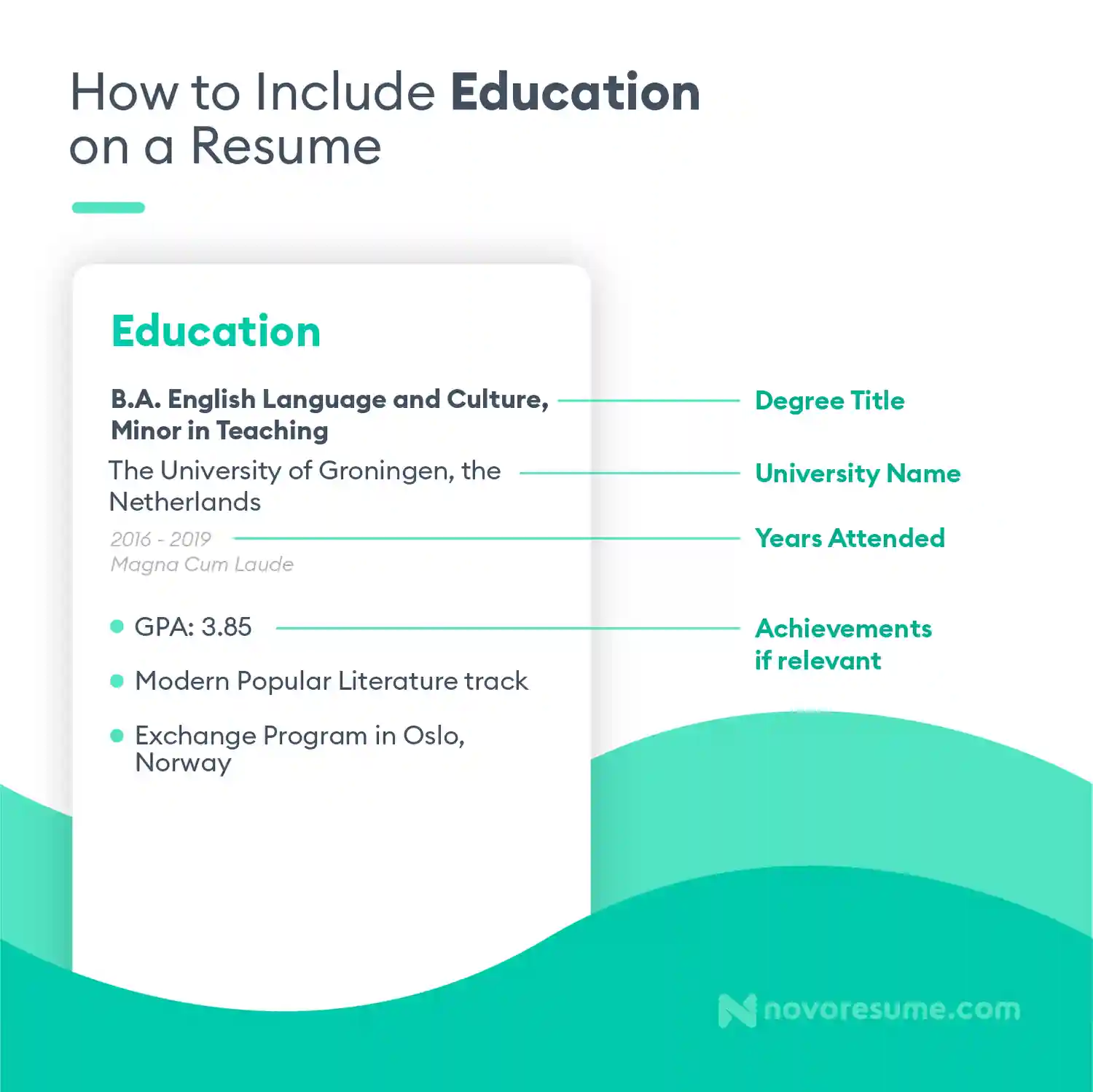
April 26, 2025
How to List Education on Your Resume
Discover the best ways to showcase your education on a resume for maximum impact. Land your dream job now!
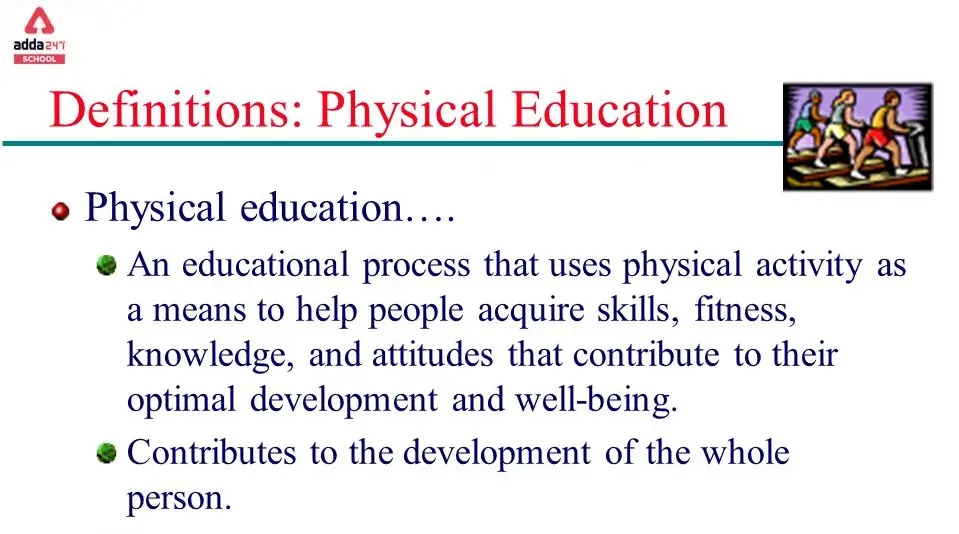
April 14, 2025
What Is Physical Education? Explained!
Discover the importance of physical education, its benefits, and why it's crucial for overall development. Learn more now!


